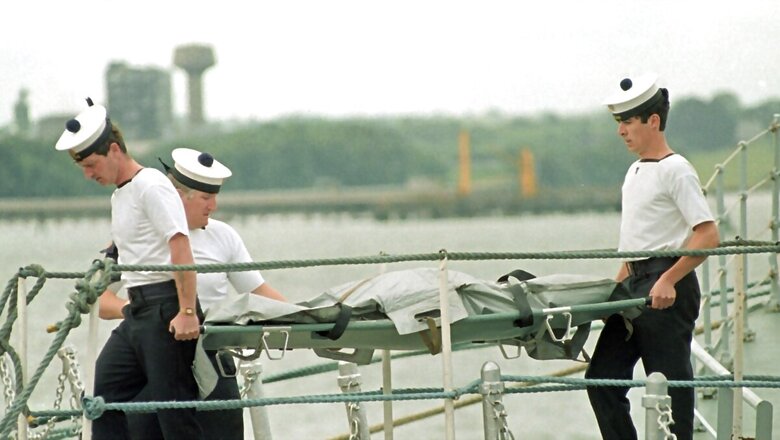
views
External Affairs Minister S. Jaishankar on Sunday paid tribute to the victims of the Air India Flight 182 ‘Kanishka’ bombing, in which 329 people lost their lives almost four decades ago.
The Montreal-New Delhi Air India ‘Kanishka’ Flight 182 exploded before it was slated to land at London’s Heathrow Airport on June 23, 1985. The blast killed all 329 people on board, most of them Canadians of Indian descent. In a post on X, Jaishankar said, “The anniversary is a reminder why terrorism should never be tolerated.”
What Happened on June 23, 1985
On June 23, 1985, Air India Flight 182, operating as ‘Kanishka’, was blown up by a bomb mid-air while en route from Montreal to London. The explosion claimed the lives of all 329 passengers and crew aboard, making it one of the deadliest terrorist attacks in Canada’s history. The tragedy occurred 45 minutes before the aircraft was scheduled to land at London’s Heathrow Airport.
A bomb, concealed in a suitcase checked into cargo during a stopover in Vancouver, exploded above the Atlantic Ocean in Irish airspace. The explosion happened as Air India Flight 182 was cruising at an altitude of 31,000 feet. According to BBC, only 131 bodies were retrieved from the sea.
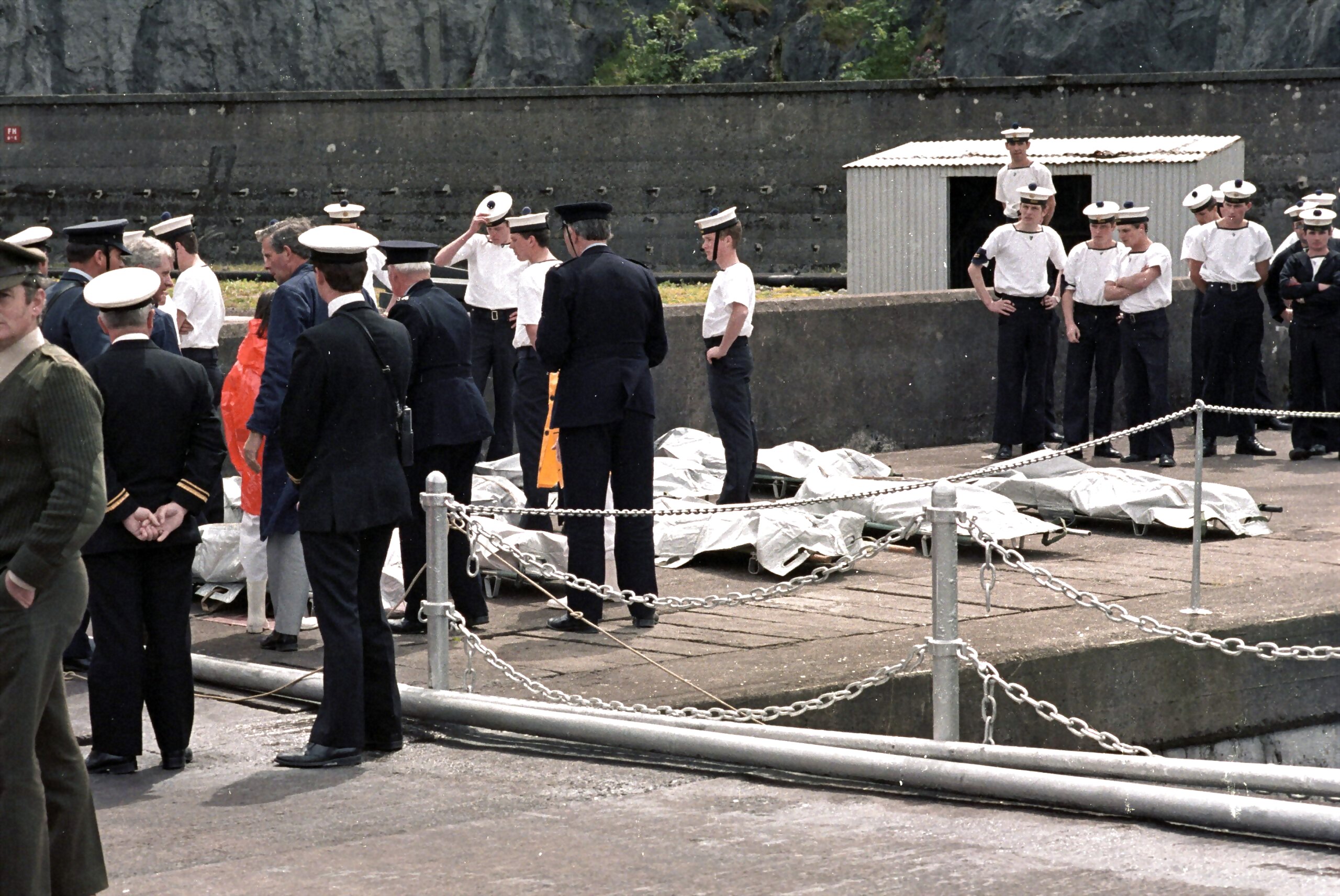
About an hour before Air India flight 182 was downed, a bomb detonated inside Tokyo’s Narita airport terminal. The explosive had been placed in a bag and checked onto a Canadian Pacific Airlines flight from Vancouver, destined for Air India Flight 301 bound for Bangkok. The blast occurred during the transfer to the aircraft at Narita, resulting in the deaths of two Japanese baggage handlers. Investigations linked both bombings collectively termed the “Kanishka case.”
Who Was Responsible?
The bombing was attributed to Sikh extremists seeking retribution for “Operation Bluestar”, a military operation by the Indian government aimed at flushing out militants from the Golden Temple in Amritsar, Punjab, in 1984. Members of the Sikh terrorist outfit Babbar Khalsa had targeted the flight.
In the aftermath of the bombing, the Royal Canadian Mounted Police (RCMP) launched an extensive investigation, which has been described as one of the longest and most complex domestic terrorism probes in Canada’s history. Investigations into the bombing of the Air India Flight 182 remain “active and ongoing”, the Canadian police said this week, ahead of the deadly bombing’s 39th-anniversary memorial.
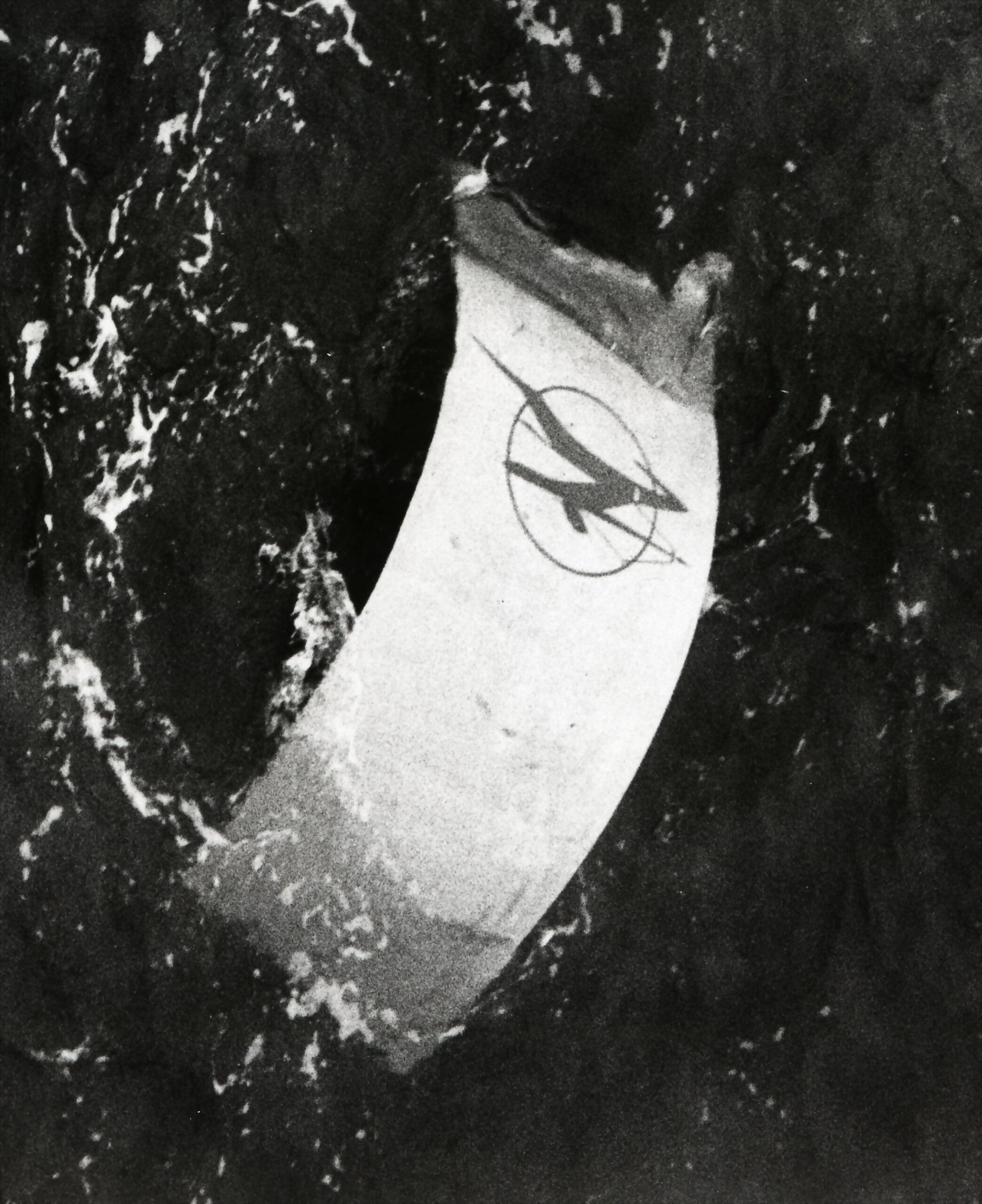
In a statement on Friday, RCMP Assistant Commissioner David Teboul called the bombing the “greatest terror-related loss of life involving and affecting Canadians” in the country’s history as he offered “deepest sympathies, understanding and support to the families of the victims”. “The Air India investigation is the longest and certainly one of the most complex domestic terrorism investigations that RCMP has undertaken in our history,” Teboul said. “Our investigative efforts remain active and ongoing,” he said. Asserting that the impacts of the bombing “have not diminished with time” he said that the trauma it caused has impacted generations.
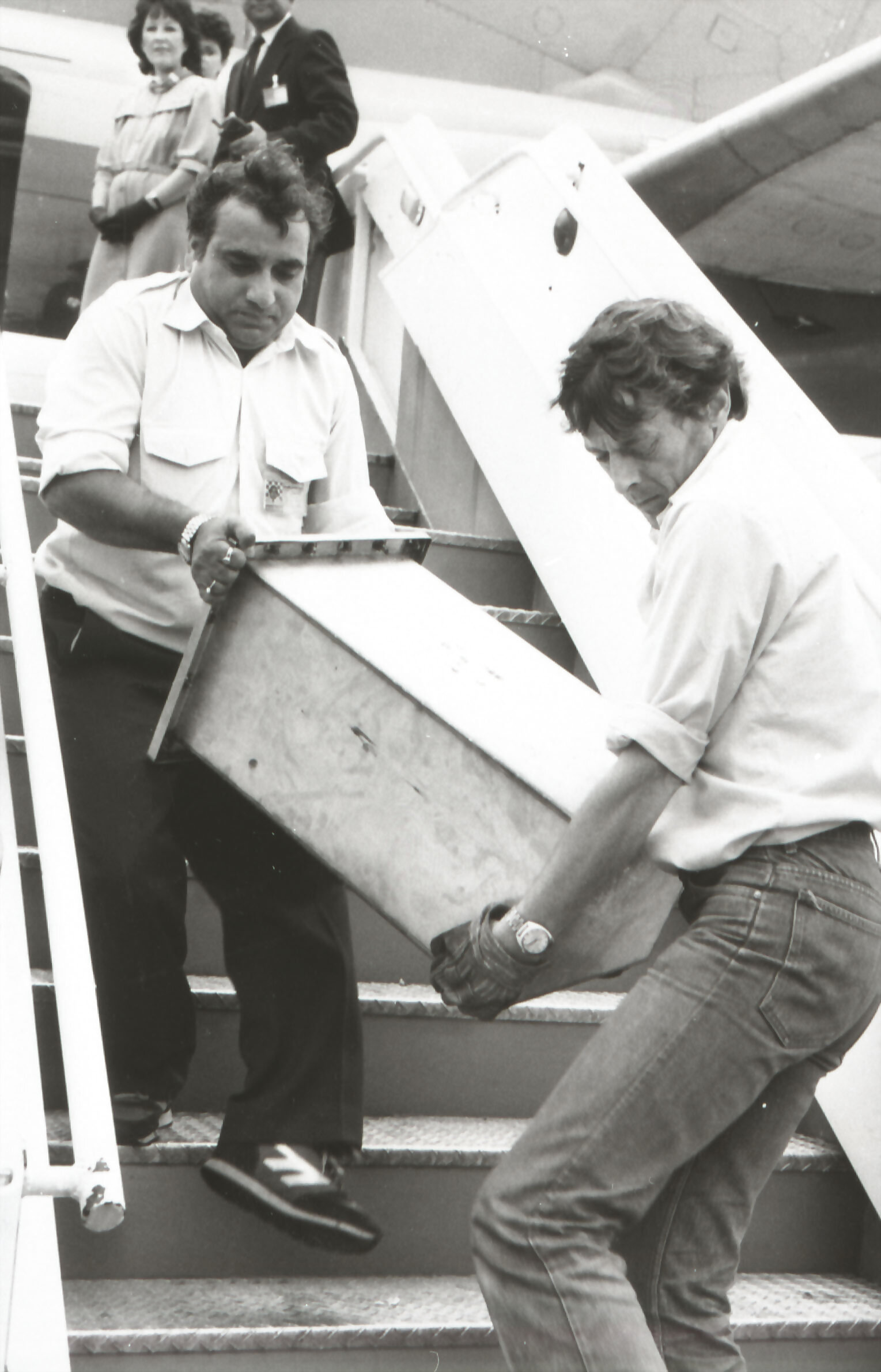
Suspects
Months after the Air India explosion, Talwinder Singh Parmar, leader of the Babbar Khalsa, and Inderjit Singh Reyat, an electrician, were arrested by the RCMP. Parmar, previously sought by India for extradition in the early 1980s, was released due to a “lack of evidence”. Investigators later concluded Parmar orchestrated the attack, confirmed when he was killed by Indian police in 1992. In 2000, Ripudaman Singh Malik, a prominent Vancouver businessman, and Ajaib Singh Bagri, a British Columbia mill worker, faced charges including mass murder and conspiracy.
However, a lengthy trial concluded in 2005 with their acquittal, citing errors in facts and witness credibility issues. The verdict left victims’ families devastated. Reyat, meanwhile, stood as the sole convicted individual linked to the aviation terror attack. Initially jailed in the UK in 1991 for his role in the Tokyo bombing, he later pleaded guilty to manslaughter in connection with Flight 182 in 2003, resulting in an additional Canadian prison sentence. His subsequent conviction for perjury during Malik and Bagri’s trial led to further incarceration.
Memorial
Each year, on the anniversary of the bombing, memorials are held across Canada to honor the memories of those who perished aboard Flight 182. Cities like Vancouver, Toronto, Montreal, and Ottawa host ceremonies to remember the victims and offer solace to their families and friends. This year, the Consulate General of India has planned a memorial service to mark the anniversary of the bombing. “India stands at the forefront of countering the menace of terrorism and works closely with all nations to tackle this global threat,” the Consulate General of India in Vancouver posted on X on Tuesday.
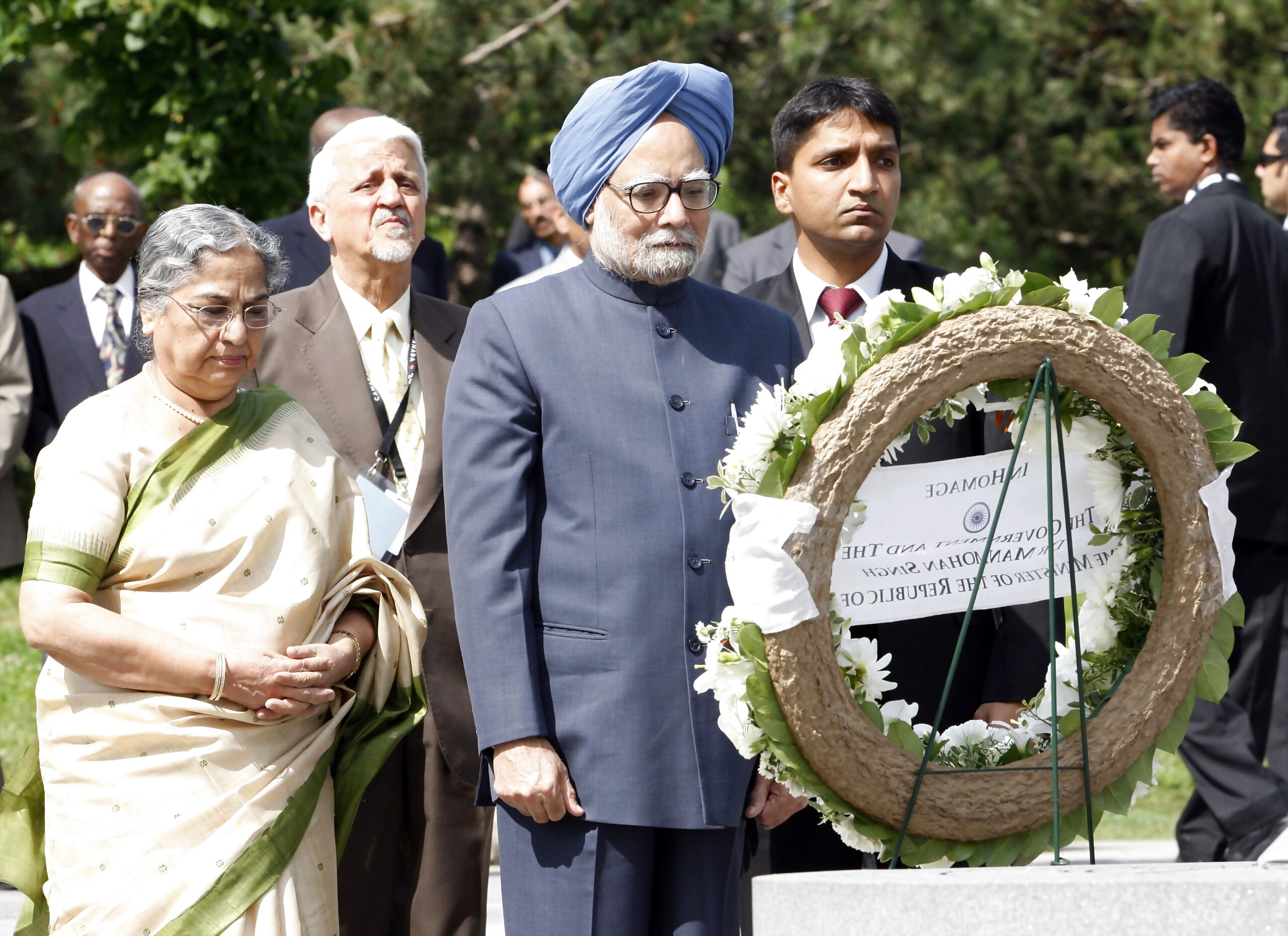
“23 June 2024 marks the 39th Anniversary of the cowardly terrorist bombing of Air India flight 182 (Kanishka), in which 329 innocent victims, including 86 children, lost their lives in one of the most heinous terror-related air disasters in the history of civil aviation,” it said. The memorial is scheduled on June 23 at the Air India Memorial at Stanley Park’s Ceperley Playground area in Vancouver.














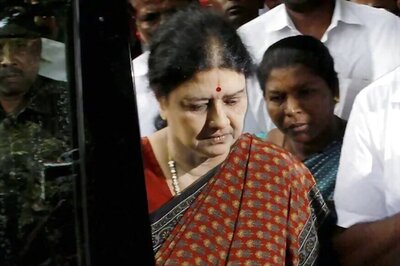





Comments
0 comment